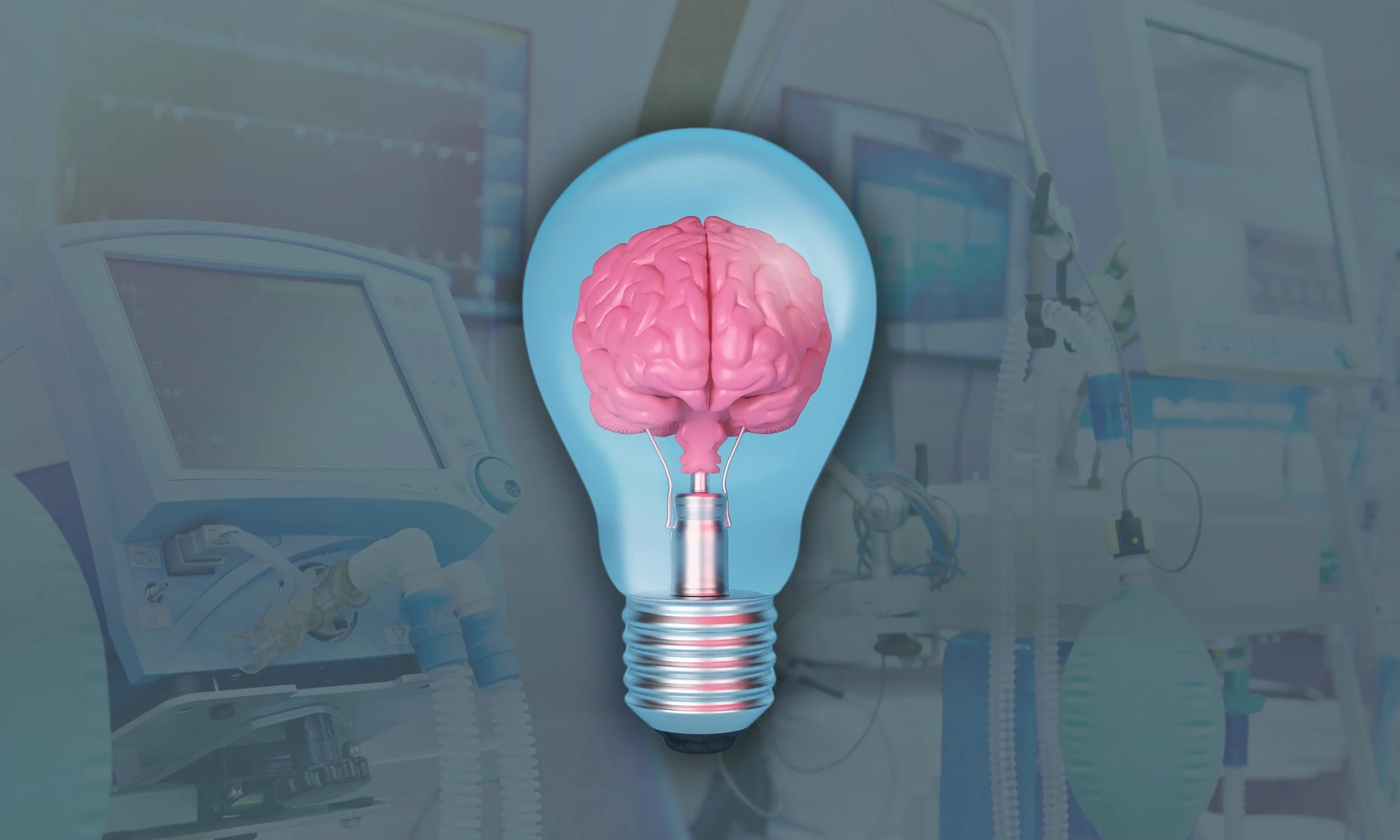Bipolar disorder will affect 4.4% of U.S. adults at some point in their lives. It can cause dramatic shifts in the mood, energy, activity, impacting a person’s ability to live fully. One of the symptoms of bipolar disorder is anhedonia, which is the loss of ability to seek pleasure. Effective treatments for anhedonia have traditionally been lacking, but fortunately, recent research suggests that ketamine can help.
The National Institute of Health trial studied the effects of ketamine on depressed bipolar disorder patients. The ketamine rapidly reversed one of the key symptoms plaguing both depressed and bipolar disorder patients. Within 40 minutes, a single infusion of ketamine reduced levels of anhedonia. This reversal lasted for up to 14 days. While antidepressants may take weeks to be effective, ketamine can lift the mood within hours.
To trace how ketamine is able to miraculously restore pleasure seeking, researchers at the National Institute of Mental Health looked inside the human body, particularly the brain. Referencing previous studies, researchers hypothesized that ketamine’s anti-anhedonia actions were related to a mid-brain area associated with reward seeking.
Studying 36 patients in the depressive state of bipolar disorder, one major discovery was that the ketamine was increasing anti-anhedonia effects sooner and independently of other effects, such as depression effects. Compared to patients infused with placebo, ketamine infused patients’ anhedonia dropped drastically.
The ketamine infused patients’ brains were then scanned to analyze which parts of the brain were active. Instead of activity in the mid-brain as expected, the scans showed activity in the dorsal anterior cingulate cortex, near the front middle, and putamen, deep in the right hemisphere.
This research suggests that depressed individuals who have difficulty imagining rewarding experiences may have impaired function of the dorsal anterior cingulate cortex. More research is necessary to confirm this finding and to understand how a depressed patient’s body interacts with ketamine.











Learn how ketamine therapy affects PTSD, when it may worsen symptoms, and how alternatives like the stellate ganglion block can offer relief.